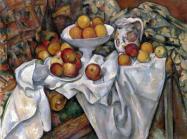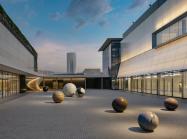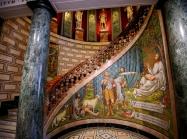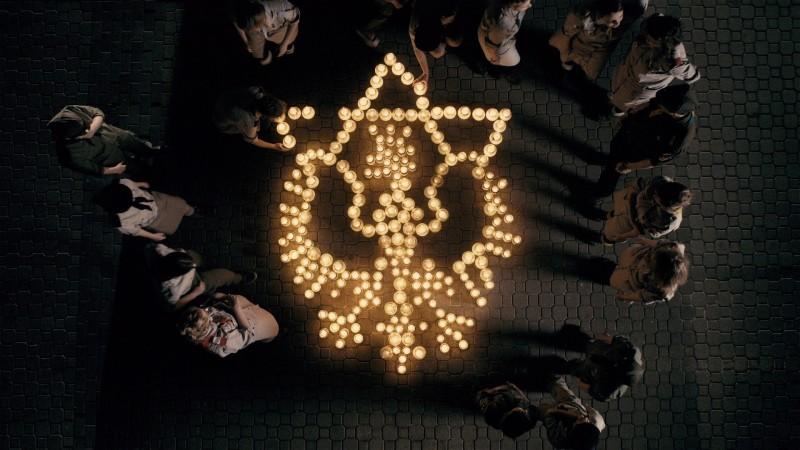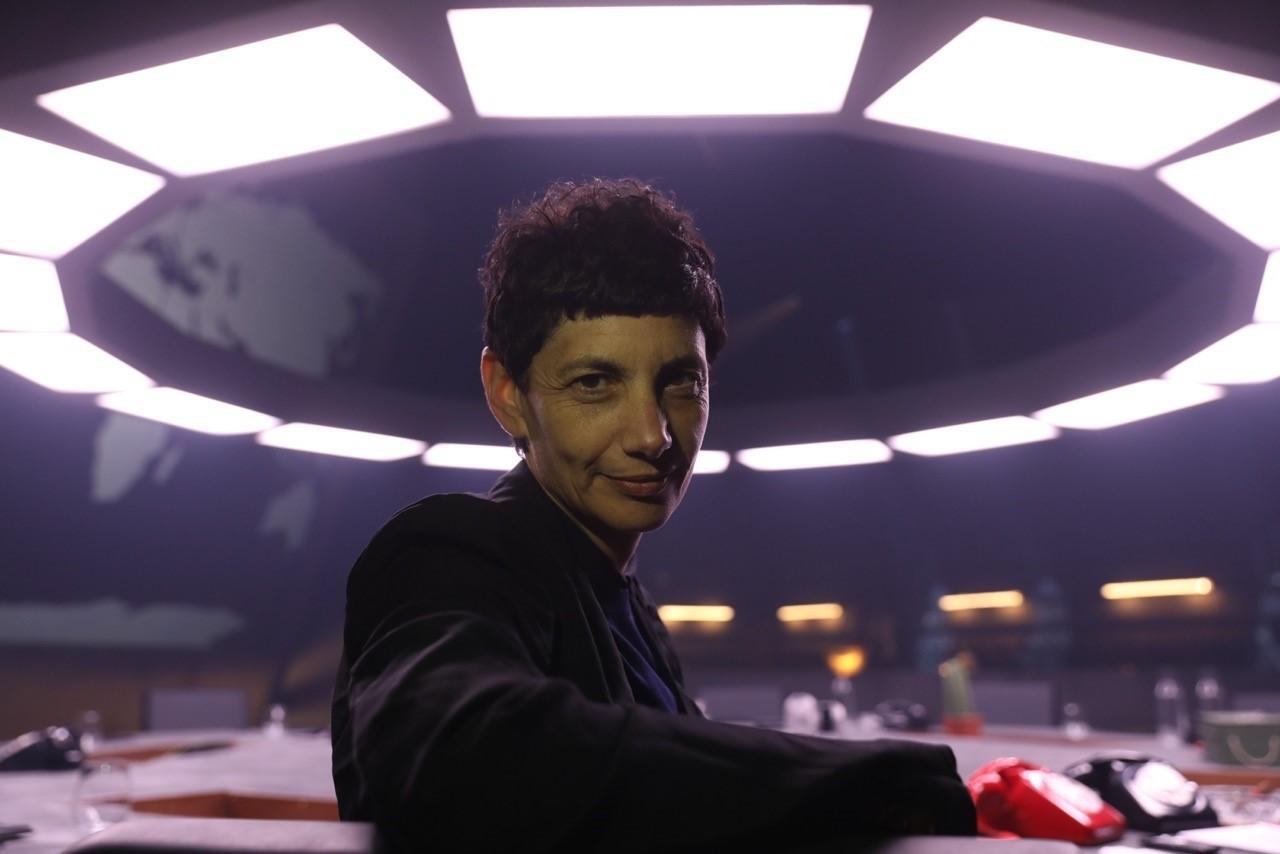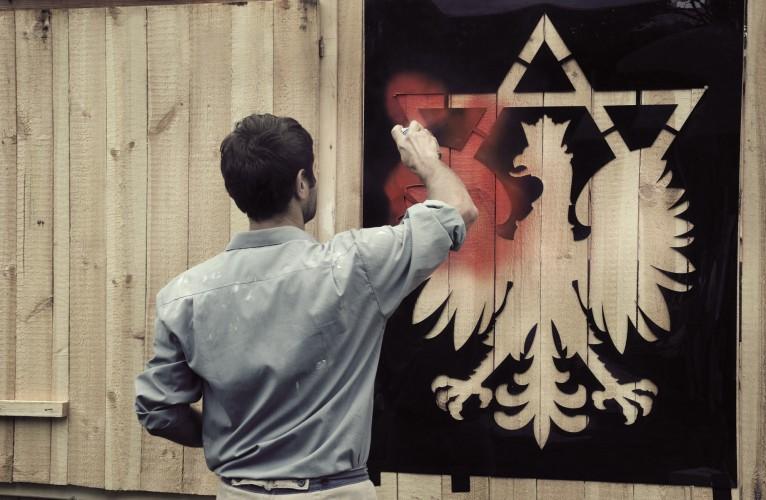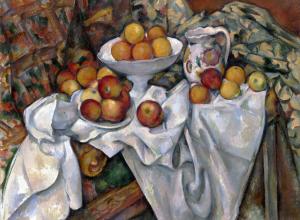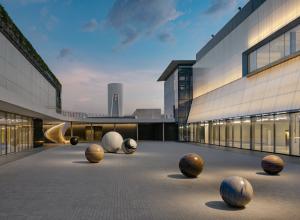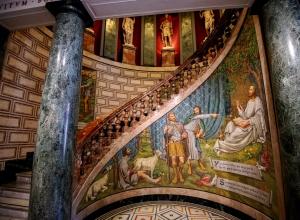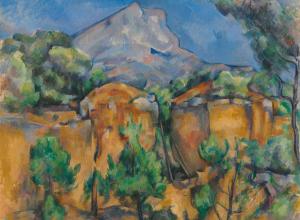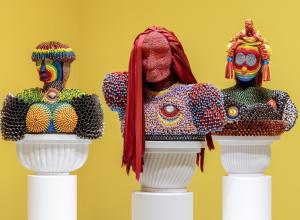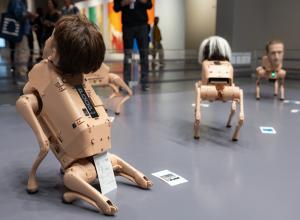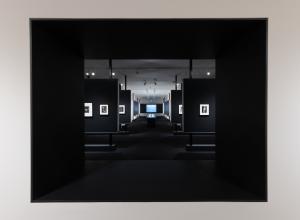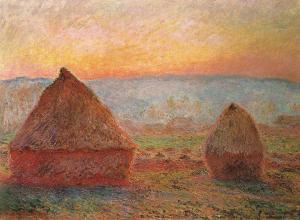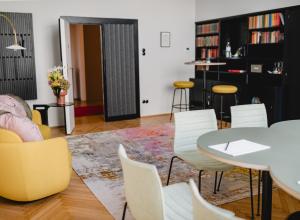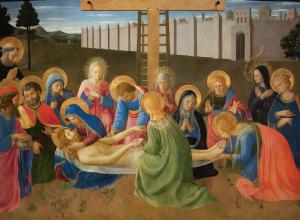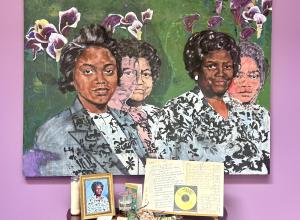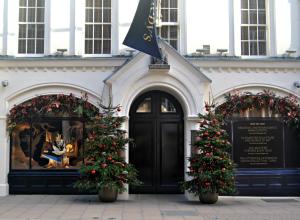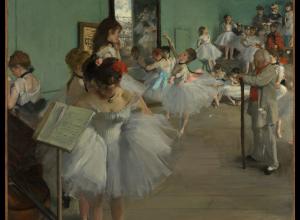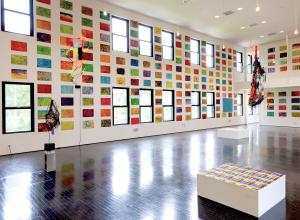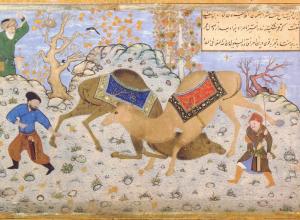This fall, the Philadelphia Museum of Art will premiere Bury Our Weapons, Not Our Bodies!, a new site-specific public performance by acclaimed Israeli-born artist Yael Bartana. Scheduled to take place on September 22, 2018 at the Independence National Historical Park in Philadelphia, this performance will be presented as part of a solo exhibition at the Museum dedicated to the artist’s provocative film trilogy, And Europe Will Be Stunned (2007-2011). Marking its Philadelphia debut, this trilogy will be an immersive installation in the Joan Spain Gallery of the Museum’s Perelman Building from September 21, 2018, through January 1, 2019.
Taking the complex history of Jewish-Polish identity as its point of departure, And Europe Will Be Stunned addresses the themes of nationhood, memory, and belonging that are integral to Bartana’s work. It first debuted at the Venice Biennale in 2011, where Bartana represented Poland. Shortly thereafter, the trilogy was jointly acquired by the Museum and the Walker Art Center in Minneapolis. Employing a visual vocabulary reminiscent of Stalinist and Zionist propaganda of the early 20th century, And Europe Will be Stunned chronicles the radical program of a fictional political movement called the Jewish Renaissance Movement in Poland (JRMiP). Created by Bartana, together with Polish activist Sławomir Sierakowski, the JRMiP advocates for the return of over three million Jews to their forgotten Polish homeland. Informed by the histories of the Israeli settlement movement, Zionism, anti-Semitism, and the Palestinian right of return, the trilogy uses the real and the imagined to speak to global complexities about identity and self-determination in an increasingly unstable world.

